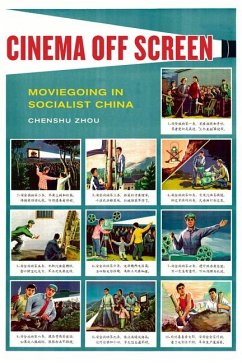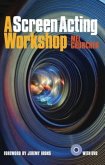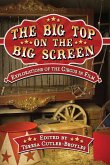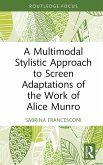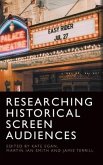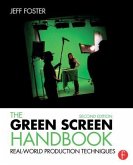"By digging into a deep and varied archive, in which political guidelines, film criticism, grassroots comments, and personal memories merge, Chenshu Zhou unearths the almost-forgotten film exhibition practices of Mao's China. Movies were not the only point of attraction for filmgoers: other, often elusive elements also shaped the filmic experience. Hence a clear challenge to Western ideas of spectatorship. A book that combines the pleasure of a detective story and the rigor of a theoretical essay."--Francesco Casetti, author of The Lumière Galaxy: Seven Key Words for the Cinema to Come "In this highly engaging and well-crafted book, the author achieves not only a better understanding of the post-1949 Chinese film experience but also a new way of understanding the very definition of film itself."--Emily Wilcox, author of Revolutionary Bodies: Chinese Dance and the Socialist Legacy

